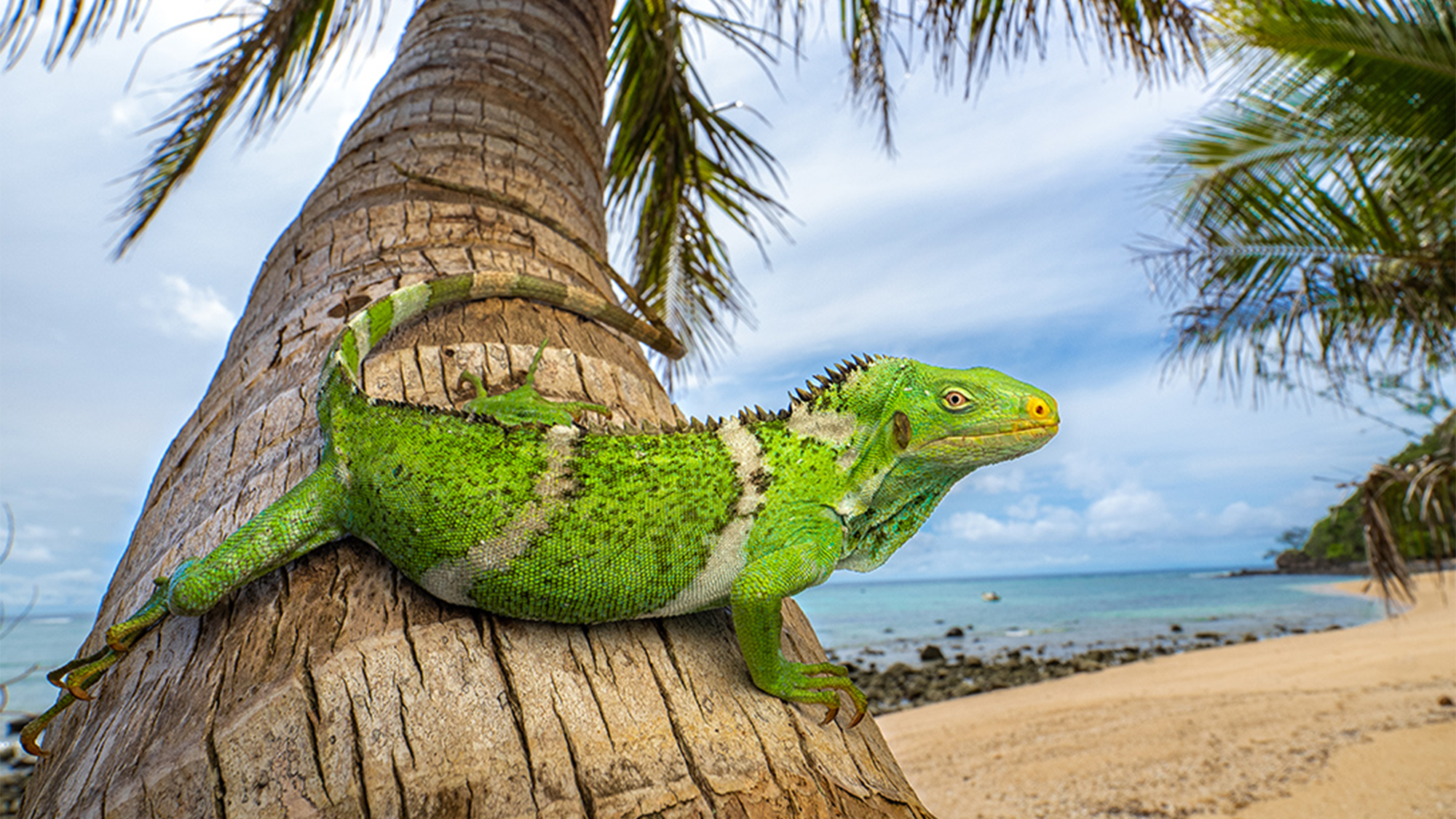Now Reading: Iguanas Likely Break Ocean Record with 5,000-Mile Journey
-
01
Iguanas Likely Break Ocean Record with 5,000-Mile Journey
Iguanas Likely Break Ocean Record with 5,000-Mile Journey

Quick Summary
- About 34 million years ago, iguanas dispersed 5,000 miles from North America to fiji, marking the longest known transoceanic dispersal of land vertebrates.
- Four species of iguanas inhabit Fiji and tonga today, believed to have rafted across the pacific Ocean.
- The study published in PNAS found Fiji iguanas are closely related to North American desert iguanas.
- Genetic evidence suggests their arrival coincided with volcanic island formation around 34 million years ago.
- The study used genome-wide DNA sequencing from over 4,000 genes.
indian Opinion Analysis
The discovery of such a long-distance dispersal challenges prior theories about species distribution and evolution. This case study can enhance understanding of biogeographic patterns that shape biodiversity in isolated regions like the pacific islands. For India, this emphasizes the interconnectedness of global ecosystems and may encourage further research into regional biodiversity dynamics. Such insights could inform conservation strategies for unique habitats on India’s islands.
























